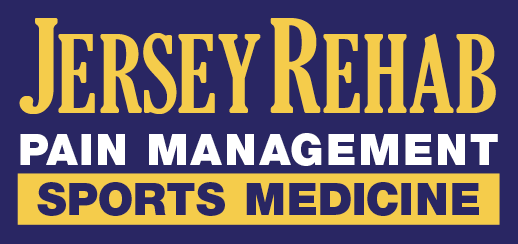Nerve Pain vs Joint Pain Do You Know the Difference?
If you’ve been to the doctor recently for pain, you were probably asked to describe your symptoms. Even though you may have wanted to respond with something like, “It hurts!” your doctor is asking you this question for a good reason – there are many different types of pain.
Two of the most common types of pain are nerve pain and joint pain. Even though they may sound similar, they are actually very different. They can be separate or overlap depending on the underlying reason for the pain. As an example, some people have rheumatic diseases that attack both the nerves and joints.
The trouble with pain is that it’s highly subjective. This is why doctors have pain rating scales and a series of questions to determine what type of pain they are working with. For this reason, it’s helpful if you can recognize the different types of pain so that you can report to your doctor and have a more constructive conversation.
Nerve Pain vs Joint Pain: What Do They Feel Like?
All types of pain hurt but in different ways. Here are some of the signs to look for:
- Nerve pain. Nerve pain is often described as feeling like a burning, tingling or pins-and-needles sensation. It tends to be chronic, lasting six months or longer and typically exists in the hands, feet, arms and legs.
- Joint pain. Joint pain results in swelling, redness, tenderness, warmth and stiffness on the joints. It’s common for people with arthritis, but it can also happen from other diseases like lupus. Oftentimes, joint pain is chronic and widespread.
- Muscular pain. We also want to point out muscular pain, because this, too, is common. Muscle pain is generally short-term and affects athletes, fitness enthusiasts or people sitting at a computer. It usually presents itself as tenderness, stiffness and throbbing in the muscles.
Are You Experiencing Nerve Pain – or Something Else?
By scheduling an appointment with a pain management doctor, you can discuss what symptoms you are experiencing and the things that make it better or worse. It’s important to note that one of the biggest differences between nerve pain and other types of pain is that it’s chronic. Other pain can be chronic, too, but nerve pain is almost always this way.
If you find that stretching, walking or exercising doesn’t help, nerve pain is more likely to be the culprit. That said, movement and exercise is still important for people with nerve pain, as stiffness can worsen the symptoms.
For a proper diagnosis and treatment plan, choose a pain management specialist who has experience treating all types of pain. Jersey Rehab believes in treating the whole body and supporting an overall active, healthy lifestyle. To schedule an appointment with one of our doctors, contact us today at one of our four locations.

